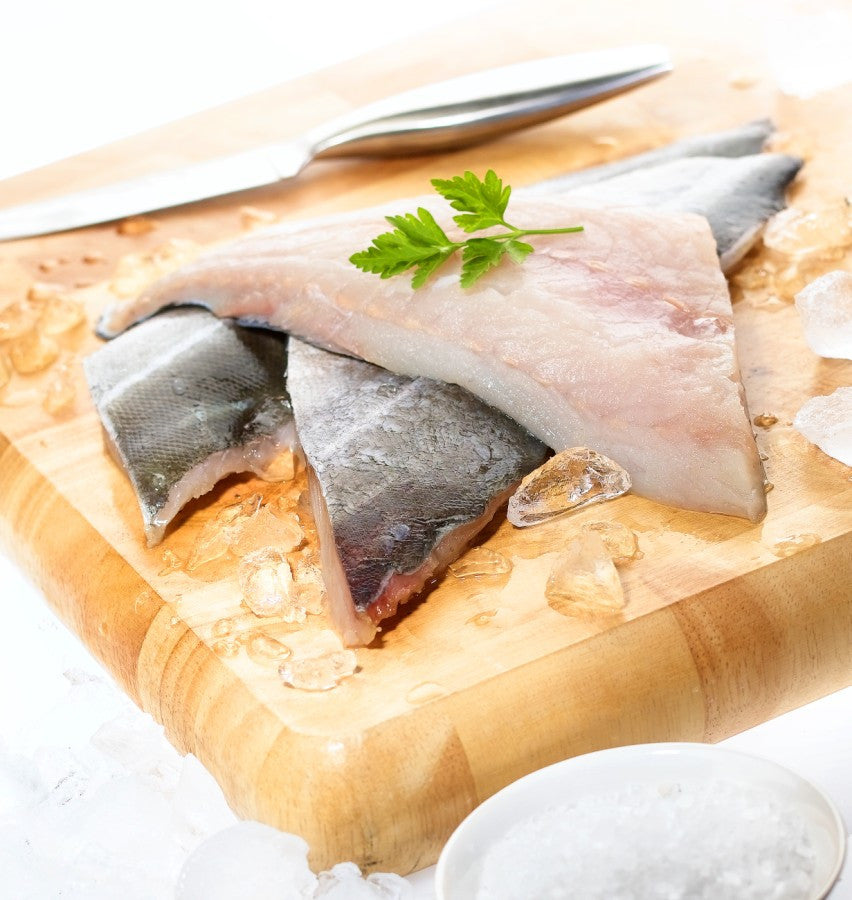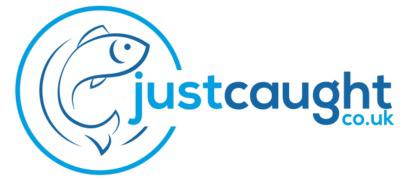
The World of Fish - Reasons To Be Eating
Share
Having a healthy diet does not mean having the same old boring meal every day. In fact, the more you can make your healthy meals exciting and tasty, the more you are likely to sustain your efforts in eating healthy. One great addition to your diet to make it more exciting is fish. There are many different types of fish, and you can cook them in many different ways. They are nutritious, high in lean protein and low in calories; which make them great for calorie controlled diets. They are also known for being great sources of heart-healthy omega-3 fatty acids, energy-boosting Vitamin B12, inflammation-fighting Vitamin D, and metabolism-friendly selenium.
Here are some types of fish that would be a great addition to your diet:
Atlantic mackerel: It can give you almost eight times the recommended omega-3 intake every day. It also ranks high in sustainability -- it is the Seafood Watch “Best Choice” in terms of sustainability. An added bonus is that it is low in mercury.
Pink salmon: Also known as humpback salmon, pink salmon is native to the Pacific and Arctic Oceans. It derives more than 50% of its calories from protein, making it an excellent source of the macronutrient. The fat it contains comes from heart-healthy mono-unsaturated and polyunsaturated fats, which help reduce cholesterol levels and reduce risk of coronary artery disease. It’s also a good source of selenium, a dietary mineral that helps inhibit cellular damage from free radicals.
Halibut: It is low in calorie and filling at the same time; hence, it is an excellent weight loss food. In fact, based on The Satiety Index of Common Foods, it ranks the second most filling food. The reason for this is that it is an excellent source of protein and has an impact on serotonin, which is a key hormone associated with appetite regulation.
Spiny lobster: They are usually found in the warmer seas in the Caribbean and Mediterranean. They are rich in Vitamin B12, which is necessary for maintaining the nervous system -- the whole lobster gives you 122% of your daily recommended vitamin B12. Additionally, their tails are rich in omega-3 fatty acids.
Atlantic pollock: The Atlantic pollock, which is darker than the Alaskan pollock, contains higher omega-3 levels. Because of its mild flavour and delicate texture, it is very versatile, which make it ideal for many types of dishes.
Herring: The nutritional benefits of herring cannot be overstated. Besides being an excellent source of omega-3 fatty acids, it has high levels of vitamin B12, which is essential for nerve function, and vitamin D, which is rarely found in food but can help prevent breast cancer and promote heart health.
Pacific wild oysters: A plate of six of these would give you 28 grams of protein and 2,064 mg of omega-3 fatty acids. Besides that, they have high levels of zinc, which is a dietary mineral that can help enhance your mood and increase testosterone levels, a hormone associated with libido.
